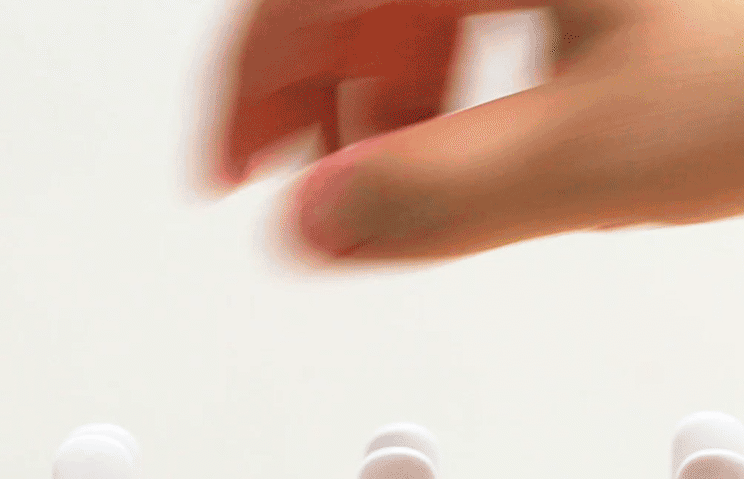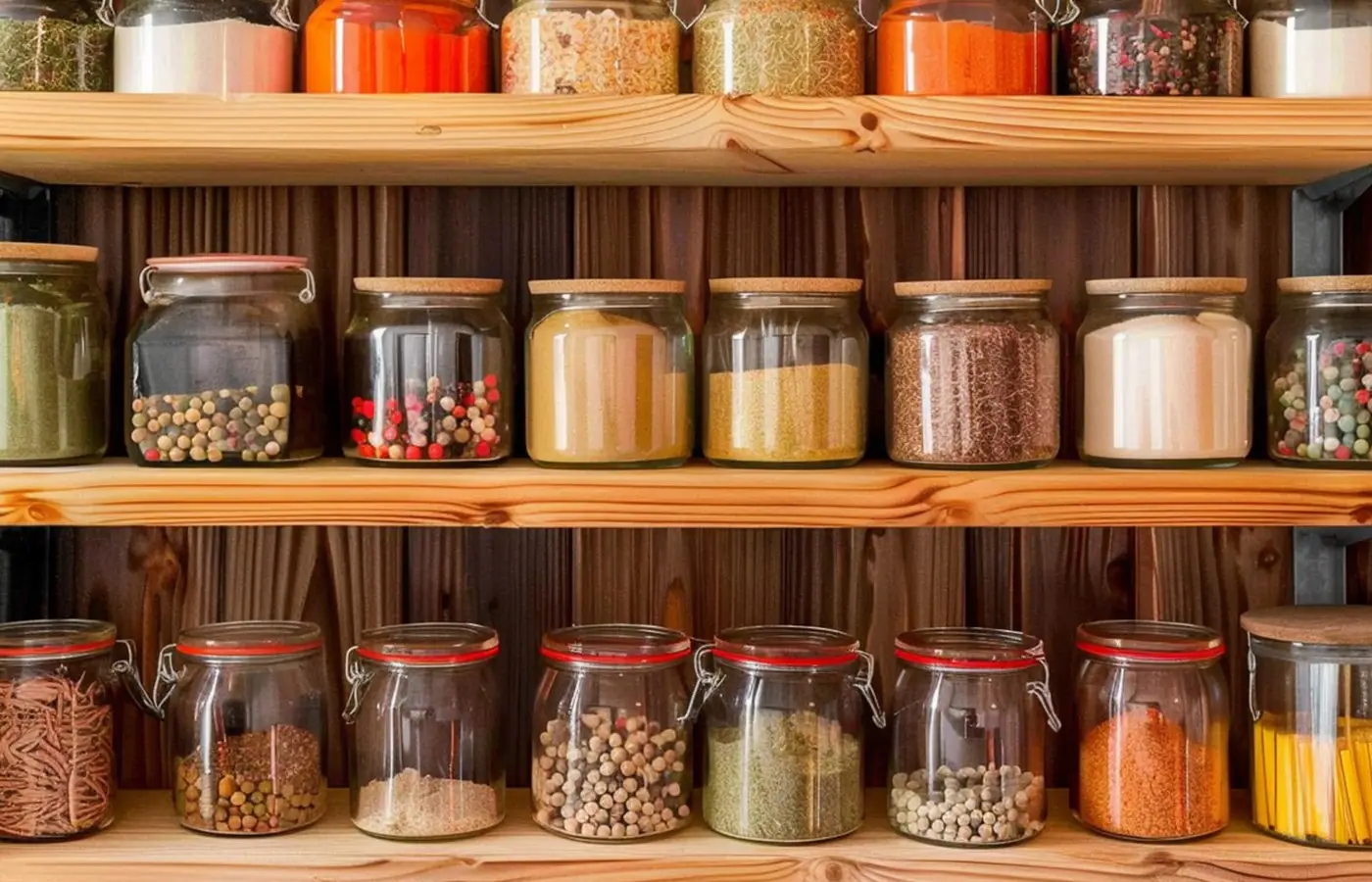Unveiling the Silent Struggle: Suicide Risk Years After Pregnancy-Linked Depression
Copyright Source:
Yueke
Mon, May 13, 2024
New research from Sweden underscores the enduring threat posed by depression during pregnancy, revealing a significant increase in suicide risk that extends for years. Led by Dr. Songhao Lu of the Karolinska Institute, the study, published in JAMA Network Open, highlights a seven-fold surge in suicide rates among new mothers diagnosed with perinatal depression—occurring before, during, or after pregnancy.
This heightened risk persists beyond the immediate postpartum period, with women experiencing perinatal depression remaining more than twice as likely to die by suicide between five to 18 years after childbirth compared to unaffected peers.
The study, analyzing Swedish national health data from 2001 to 2017, sheds light on the severity of the issue. Notably, the period following childbirth emerges as particularly perilous, accounting for a significant proportion of maternal deaths, ranging from 13% to 36%, attributable to suicide.
Moreover, while previous research has established the short-term escalation of suicide risks following perinatal depression, this study emphasizes the importance of addressing longer-term implications.
Despite adjusting for familial or genetic factors, the study underscores perinatal depression's independent association with suicide risk. Alarmingly, women without a history of other psychiatric disorders face heightened vulnerability, suggesting a direct link between perinatal depression and suicide risk.
Overdose emerges as the predominant method of suicide, raising concerns about potential medication misuse among affected women. Healthcare providers are urged to remain vigilant and monitor antidepressant prescriptions closely.
With up to 19% of women with postpartum depression reporting suicidal thoughts, coupled with the findings of this study, there's a critical need for proactive clinical interventions and monitoring to mitigate such tragic outcomes.
For immediate assistance during mental health crises, the 988 Suicide and Crisis Lifeline offers 24/7 support. Further information on perinatal depression is available through the National Institute of Mental Health.
SATURDAY, May 11, 2024 (HealthDay News) -- Women account for two-thirds of all Americans living with Alzheimer’s disease, disease, which means this Mother‘s Day will be bittersweet for many families across the nation.
“Mother’s Day is all about honoring the mother figures in our lives who loved,, nurtured, and supported us, Jennifer Reeder, director of educational and social services for the Alzheimer’s Foundation of America, said in a news release.
To that end, the AFA is offering a few tips to help families and loved ones honor the special women in their lives.
“If a special woman in your life lives with dementia, taking a few small steps will go a long way to help her feel the love and appreciation she deserves on Mother’s Day,” Reeder said. “Making a few minor adaptations can help celebrate the bond you share with your loved one in a dementia-friendly manner.”
The AFA’s tips include:
Make a personal Motherâs Day card. Write out a card and read it aloud to your loved one. Even if they can no longer grasp its full meaning, the act of writing and sharing it can be an uplifting experience.
Create new memories. Plan some quality time together, making sure to focus on what the person is capable of doing now and what they choose to do. Choose pleasurable activities, and be sure to avoid things that might cause her stress.
Reminisce together. Familiar faces and old photos can bring joy and comfort to someone with dementia, even if she canât remember names or specifics. Itâs a good way to connect and evoke positive memories, but be patient and attentive. Look at old photos and describe them for your loved one, and listen to the stories and memories that the pics might evoke from them. Validate their feelings and experiences, even if they arenât what you remember, because this can reinforce the feeling of being heard and understood.
Adapt favorite activities. Treat your loved one to something they enjoy, even if things have to be changed a bit. If they loved going to a certain restaurant, order takeout and have a feast at home. If they love cooking, focus on simple tasks like mixing ingredients rather than following an elaborate recipe. Be flexible, patient and creative, and simplify complex activities into manageable steps you both can enjoy.
Give her flowers. Flowers are a traditional Motherâs Day gift, and they can be very beneficial for a woman with dementia. Fresh flowers tend to have a calming effect that reduces agitation and stress, and their scent can boost her mood and stimulate her mind. Set the bouquet on a table and enjoy them together.
More information
Pennsylvania State University has more on meaningfully engaging with dementia patients.
![]() Top Headlines
Top Headlines












